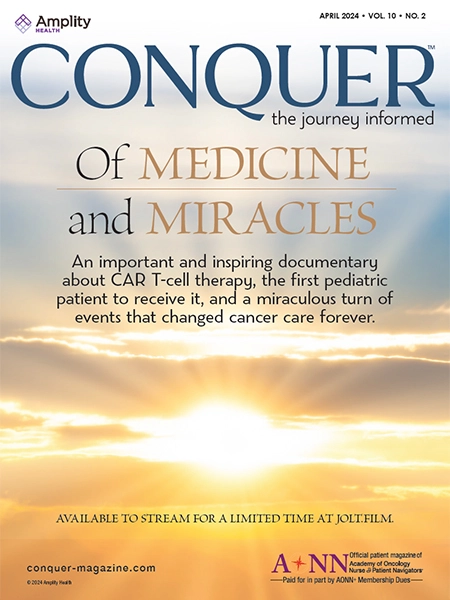How might COVID-19 impact cancer incidence in the future? We already knew several things:
- The pandemic has delayed screenings for cancer for well over a year, resulting in a bottleneck effect as patients begin to make their screening appointments again. This means there are now more newly diagnosed patients with cancer in 2021 than there were in 2020, simply due to not being diagnosed until this year.
- Symptomatic patients likely didn’t see their doctor due to fear of the pandemic and fear of being diagnosed with cancer.
Currently, we are in our infancy of learning about:
- Viruses that cause inflammation in the body. Some COVID-19 patients have had long hospitalizations and at-home recoveries. Instead of fully recovering, they may have long-term effects of the disease. These patients are called “long-haulers”, and their organs, such as lungs, heart, and potentially brain, remain inflamed.
- There are also long-haulers still dealing with lingering side effects and symptoms of COVID-19. We still don’t know what the true late effects from contracting the virus will be and they may not manifest themselves for another year or longer.
Cancer thrives in an inflammatory environment; this was discovered when AIDs entered the United States in the early 1980s. Many AIDs patients who lived longer lives eventually developed cancer.
It’s possible we will see more cases of cancers in the future that were triggered by inflammation from COVID-19. When such cases will manifest themselves is unknown, and it is unknown if we will be able to differentiate cancers caused by COVID-19. However, if we start seeing a large volume of lung cancers among non-smokers and these individuals were very ill from COVID-19 at some point in time in the past, that may give us further insight.
For decades, questions have also been raised about chronic stress and developing cancer. Some studies say chronic stress contributes to cancer, while others say the opposite. It is a matter of what is measured.
In one 2-armed study that supposedly showed no correlation between stressful events and getting cancer, the study contained one arm of people who had cancer and the other that contained people who did not have cancer. Both groups were asked:
- Did you get a divorce in the last couple of years?
- Did you lose your job?
- Did you experience a death of a spouse/child/parent?
- Did you go financially into debt?
Both groups had an equal number of stressful tragedies, therefore the researchers said there was no correlation between stress and cancer incidence.
Other studies, however, have measured how patients react to these stressors. Perhaps it was the patient’s idea to get a divorce and they are happier now, or they felt thankful after their mother died, having suffered with Alzheimer’s disease for years. How we react to stressful events could be more important than the event itself. There are stress hormone levels that can be measured when we are experiencing a stressful situation. Those who took their difficult times in stride had fewer incidences of cancer. For those who didn’t, there were more cases of cancer.
The COVID-19 pandemic has been and will continue to be a major chronic stressor. How people cope during this time will influence their cortisol levels and potentially the inflammation that develops in their bodies. I am sure you know people who have stomach aches, migraines, or flare-ups of rheumatoid arthritis when stressed. We still need a great deal more research to dissect what the true impact stress has on our bodies, and it needs to include looking at correlations associated with developing cancer.
What will the cancer statistics look like in 5 or 10 years? We will watch together and see. These are my opinions, and we will see if I am right or wrong.













